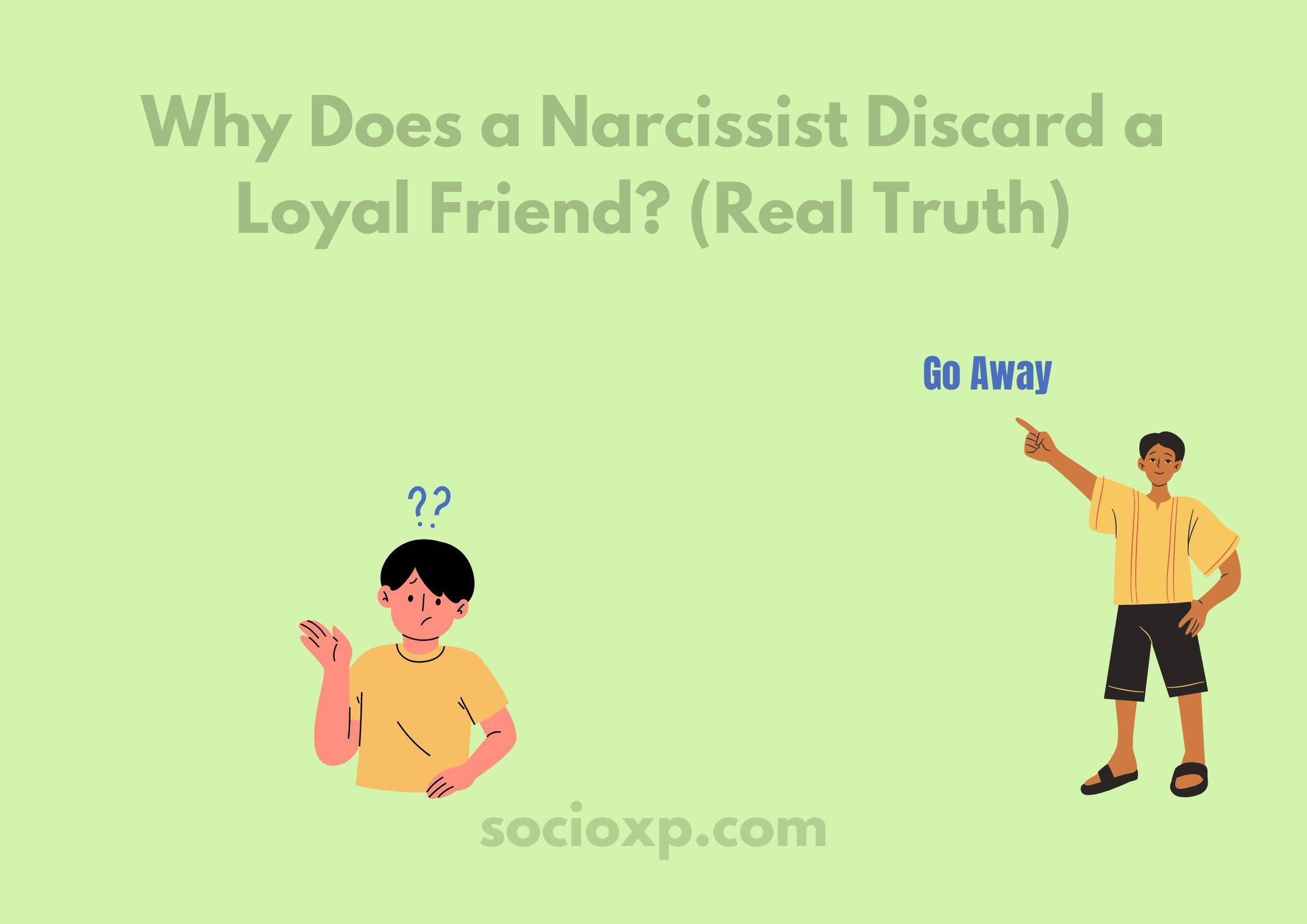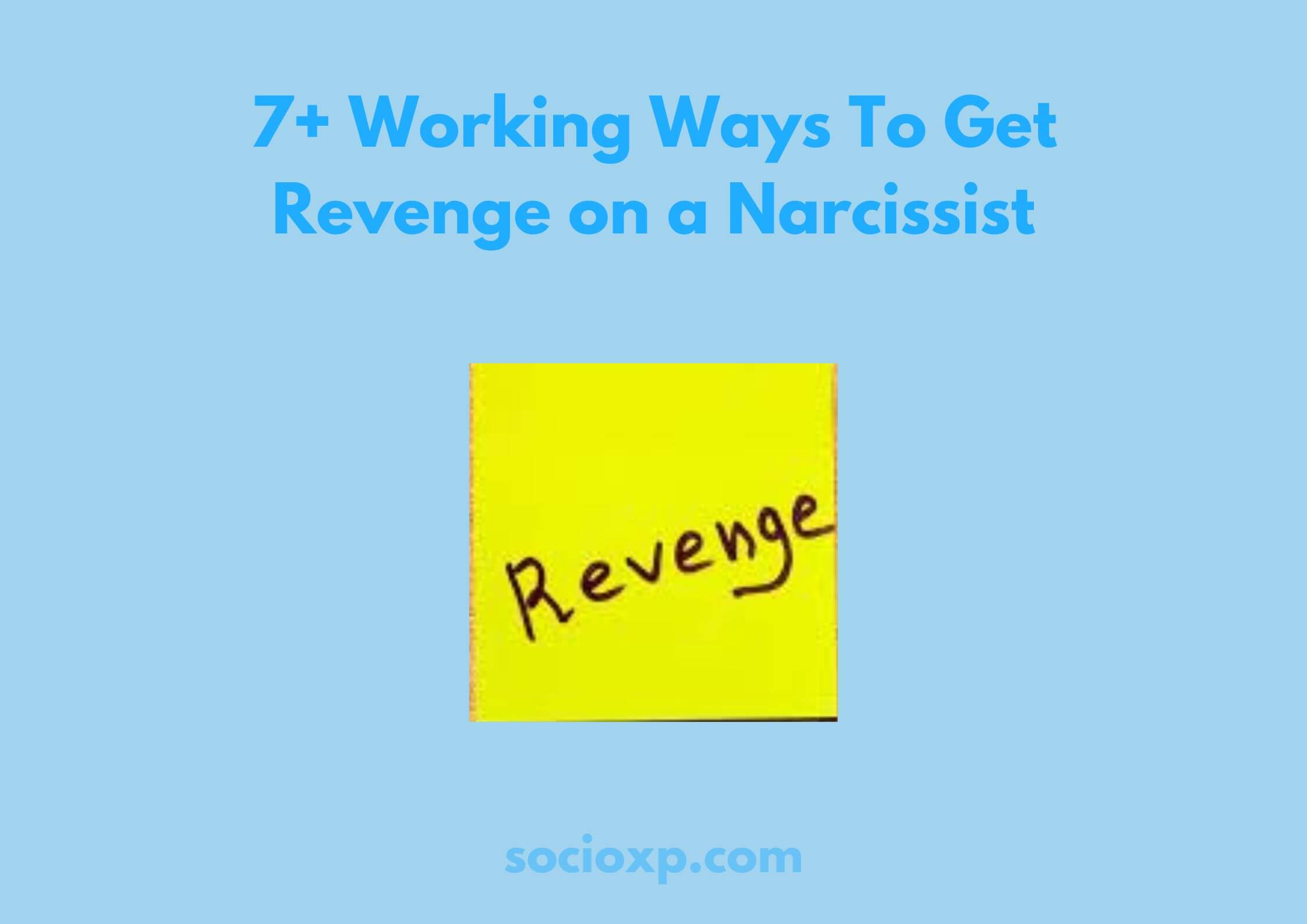How Do Adult Children Of Narcissists Develop In Life?
How do Adult Children of Narcissists Develop in Life? Narcissistic parents may leave a deep impact on their young adult kids. Let us know about those impacts.
A child’s development is hindered while growing up in a house filled with narcissists. It can affect the youth, adolescence, and the merry years of life.
When a child is being raised by narcissistic parents, they may lose their individuality and identity in the process as they may always be focused on keeping their parents pleased and finding ways to be acceptable to them.
It is stated by mental health experts, that children raised by narcissists have childhood trauma, which affects their upbringing and also makes the same or even more narcissistic than their parents.
But how does this happen? Let us get into details.

How do Narcissists treat their children?
To get the answer to this question, let us know, why would narcissists have children in the first place.
Do narcissists love their children? Do they desire them? Narcissists are some of the most self-centered beings, yet why they may choose to have children? Having children may be a task full of responsibilities, yet narcissists may choose to have children.
According to a study published in 2019, it is found that on average when compared to the general population, narcissists have fewer children than most people.
Some narcissists may want to have kids, and they may also treat their children the same way they treat everyone else. They may choose to have children as they become the perfect source to obtain their narcissistic supply.
They may see their children as their extensions and thus they may target them as a source of self-esteem. Narcissists may choose to have children only when there is something in it for them. This is the sign of selfishness at its peak. They may never be able to be the best parents for their children as their self-obsession may never allow them to think for someone else but themselves, not even their own children.
Narcissistic parents are lamentable parents and they may never put their child’s needs in the priority. Their selfish, self-obsessed, and egotistic selves may never allow them to prioritize anybody else than themselves.
It so happens sometimes, that a narcissistic parent might set such high standards and a high bar for the kids by overvaluing them and their capacity to perform and achieve in life.

In some cases, they may be over-interfering in their kid’s life, while in other cases they may be extremely neglecting and dismissive of their kid’s desires, wishes, or even necessities.
Also, narcissistic parents do not make it any easier for the kids while they are growing up to be adults. This may result in either narcissistic or codependent narcissistic adults who may always be fulfilling other people’s wishes and desires.
They may also lack self-worth, self-esteem, and self-love as a child may come to terms with the situation where they know that love, care, affection, and warmth are conditional emotions, which may only be attainable when their parents or the other person is happy and satisfied with them.
They may feel that they need to act in a certain way to be loved by others. This is not at all a fair and correct thought. Adults of Narcissistic parents may be underconfident adults as they may never be able to make decisions for themselves, have independent thoughts, and viewpoints, and may be dependent on others to make decisions for them.
They would lack confidence, would be constantly feared, have low self-esteem, lack care, and love, would feel depressed and neglected, would always have the urge to attain perfection to get validation, and would mostly be prey to narcissism knowingly or unknowingly, willingly or unwillingly.
This may be concluded in simpler words as, a child that may have narcissistic parents, would have to put their needs, desires, personality, and wants aside to suit as their parents want them to be. This can ultimately result in the child developing a negative impact that may linger around them even in their adulthood.
How Do Adult Children Of Narcissists Develop In Life?
Narcissistic parents are unavailable emotionally, or even physically to their children, thus they are unable to fulfill their child’s emotional needs. This way the child may either be codependent or be a narcissist.
In some cases, where children are unable to receive love, compassion, and care from their narcissistic parents, they start denying all their feelings and just focus on one thing to impress their parents to gain their attention and adoration.
They start seeking validation from their parents for the smallest of matters. Such children also develop a fake or a false self which may be dependent on other people’s validation, making them co-dependents.
It is stated by mental health experts, that children raised by narcissists have childhood trauma, which affects their upbringing and also makes the same or even more narcissistic than their parents.
Narcissistic parents may willingly or unwillingly inflict pain and long-term wounds in the form of psychological trauma through their behavior. People who are the closest to the narcissist bear the most pain from them. Children are always vulnerable and closest to their parents thus they can be easily targeted by narcissistic parents.

Characteristics of children of narcissists
When you have been raised by a narcissistic parent, you may lose your self-worth, and self-esteem and may often neglect your own needs to fulfill their wishes. You may naturally build an image of yourself that your parents want you to be. You may never have an independent identity, voice, and individuality as you might always be busy with being the person your parent might want you to be.
Instead of being self-obsessed, unlike your parents, you may become focused on others, how they may perceive you, their opinion of you, their thoughts, and their feelings. You may be a people pleaser and may develop a fake personality to impress others for that matter. You may try to get that warmth from others by being likable to others. Everything becomes about others as you may never have your own opinion, voice, and personality.
You may become empathetic as you may have never received it from your parents. For you, the concept of empathy might be surprising but you can become the most empathetic person in order to get that affection from others, unlike your narcissistic parents.
Many mental health experts and psychologists have suggested that adult children of narcissistic parents suffer through the risk of,
- Self-blaming due to their parent’s fault.
- Objectifying themselves or considering themselves as an object of their parent’s needs and wishes and neglecting themselves while losing their individuality.
- Developing Narcissistic personality Disorder or being co-dependent for most of their lives.
- Feel shameful and guilty when they do something for themselves or try to be selfish at least once.
- Being unable to form healthy relationships and bonds with other people.
- Suffering from anxiety and depression
Narcissistic abuse done by the parents can lead to many negative effects on the children as adults like,
- PTSD (Post-traumatic Stress Disorder)
- ADHD (Attention-deficit/hyperactive disorder)
- Separation Anxiety
- CD (Conduct Disorder)
- Anxiety
- Depression
- Life long Traumatic memories
- Sleep difficulties
- Cognitive issues
- Fear and Panic
- Headaches and body aches
- A breeding ground for more mental health disorders

Problems faced by Adult Children of Narcissistic parents
Such adult children raised by narcissists are haunted by many traumatic and abusive memories throughout their lifetime. They may face a lot of difficulties in leading a simple life, as their parents made their childhood so complicated.
Narcissistic parents and their children have toxic relationships.
A toxic bond or a toxic relationship is where the child’s mental health, emotional health, and overall well-being are compromised. The child may never know what a healthy relationship looks like. In the case of toxic parents, the toxicity is not intentional, but it is ingrained in their parenting. Sometimes parents have an inferiority complex over their children, they do not realize this and they keep on torturing their kids.
Sometimes parents unintentionally become toxic and interfere in your life, more than the required amounts as they wish to protect you from the evil world. But they do not realize that they are making the child’s life even more difficult than the rest of the world. Toxic relationships are where no boundaries are understood, and there is a lack of warmth. There are manifestations of selfishness, egotism, poor communication, and a lack of tenderness and empathy.
Toxic relationships can exist between romantic partners, friends, work colleagues, and even family including parents. Yes! To your surprise, there can be a toxic bond between children and parents, which is unhealthy and harmful for children, especially a toxic bond between a mother and her children.

Adult children of Narcissists and Marriage
Children brought up by narcissistic parents, tend to have toxic relations while becoming adults. Childhood trauma of NPD(Narcissistic Personality Disorder) children have toxic relationships with their partners, unhealthy relations with friends, and attachment issues. The effect of Narcissistic parents may also affect their relations with their partner and also their offspring. Children cannot even expect deep meaningful conversations from their narcissistic parents.
With narcissistic parents in the picture, while growing up, such children are always cautious and never put their needs first, because when they do that they are punished by their narcissistic parents to avoid triggering narcissistic injury and facing the rage of their narcissistic parents, such children learned to ignore their own needs, and always fulfilled other people’s wishes first.
Do Children of Narcissists Become Narcissists themselves?
As the children turn into adults and face the social arrangements of the world, they may soon realize that there was something wrong, misleading, or lacking with their childhood and that the treatment their parents provided was somehow different from other parents.
This makes it even more difficult for adults because by the time they realize all the manipulation, mind games, narcissism, and mind control, it might be too late for them as they might already into the swamp of toxic culture, habits, and environment. They might already be living with all the difficulties without realizing the real reason.
Narcissistic parents are unavailable emotionally, or even physically to their children, thus they are unable to fulfill their child’s emotional needs. This way the child may either be codependent or be a narcissist.
In some cases, where children are unable to receive love, compassion, and care from their narcissistic parents, they start denying all their feelings and just focus on one thing to impress their parents to gain their attention and adoration.
They start seeking validation from their parents for the smallest of matters. Such children also develop a fake or a false self which may be dependent on other people’s validation, making them co-dependents.
How do Therapists Help Adult Children of Narcissists?
Adult children of narcissistic parents might have suffered a lot at the hands of their parents. They would need assistance from therapists to help themselves and let go of the trauma.
They might need assistance regarding,
- Emotional and mental trauma
- Substance abuse issues
- Facing difficulty to relate with others
- Believing that they can also be liked by others without any conditions
- Putting their wishes and desires last
Now therapists assist such adults in viewing and understanding their self-worth. They may help heal the victims of narcissistic abuse and might also acknowledge them about unconditional love.
The child just needed true affection and care, but they did not receive such simple emotional needs accomplished. They needed protectiveness and warmth from their partners, but unfortunately, all they might have received was competitiveness, rage, dissatisfaction, and ignorance. A therapist may help to heal from all this.
Final Thoughts
When you have a narcissistic parent, your childhood and coming years may be difficult having someone manipulative around all the time. You would be always expected to fulfill their expectations and bring pride to the family even at the cost of your well-being. You may lose yourself in trying to please them, but sooner or later you might come to realize the toxicity and save yourself by seeking healing.
You cannot choose your parents or the way they treat you, but you can always find ways to defend yourself and create healthy boundaries. Healing requires self-care, self-compassion, and a lot of patience be patient with yourself and do not rush the healing.
- Can a Twin Flame be a Narcissist? – 10 signs to unravel the truth - May 1, 2025
- Can a Narcissist Trick a Therapist? - May 1, 2025
- How to Beat a Narcissist? – 11 Ways to Deal with Them - May 1, 2025


